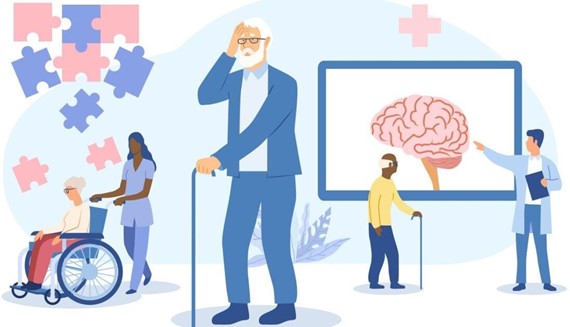A client is admitted with tachycardia, hypertension, restlessness, agitation, and admits substance use. Which substance would be most likely to cause these symptoms?
A depressant
An opioid
A stimulant
An inhalant
The Correct Answer is C
A. A depressant Depressants typically slow down the central nervous system, leading to
symptoms like sedation, slowed heart rate, and reduced blood pressure. The symptoms described in the question, such as tachycardia, hypertension, restlessness, and agitation, are not
characteristic of depressant use.
B. An opioid Opioids primarily lead to central nervous system depression, resulting in symptoms like respiratory depression, sedation, and decreased heart rate. The symptoms described in the question, such as tachycardia and restlessness, are not typical of opioid use.
C. A stimulant Stimulants, such as amphetamines or cocaine, lead to increased activity in the central nervous system, resulting in symptoms like tachycardia, hypertension, restlessness, and agitation. These symptoms align with the presentation described in the question.
D. An inhalant Inhalants can lead to a variety of effects, including dizziness, confusion, and sometimes increased heart rate. However, they are not typically associated with the specific symptoms of tachycardia, hypertension, restlessness, and agitation described in the question.
Nursing Test Bank
Naxlex Comprehensive Predictor Exams
Related Questions
Correct Answer is A
Explanation
A. Labeling the bathroom door can provide a visual cue to help the older adult locate the bathroom, which may reduce episodes of incontinence.

B. Taking the older adult to the bathroom hourly is a good strategy, but it may not always be feasible or effective in preventing accidents.
C. Using disposable adult briefs may be necessary at times, but it should not be the first line intervention.
D. Limiting oral fluids to 1000 mL/day may lead to dehydration and is not an appropriate intervention for addressing incontinence.
Correct Answer is A
Explanation
A) Correct. An idea of reference is a false belief that ordinary events, objects, or behaviors of others have a particular and unusual meaning directly pertaining to oneself. In this case, the client believes that the doctors' conversation in the hall is about them.
B) Incorrect. A delusion of infidelity involves a false belief that one's partner is being unfaithful.
C) Incorrect. Auditory hallucinations involve hearing things that are not present.
D) Incorrect. Echolalia is the repetition of another person's words.
Whether you are a student looking to ace your exams or a practicing nurse seeking to enhance your expertise , our nursing education contents will empower you with the confidence and competence to make a difference in the lives of patients and become a respected leader in the healthcare field.
Visit Naxlex, invest in your future and unlock endless possibilities with our unparalleled nursing education contents today
Report Wrong Answer on the Current Question
Do you disagree with the answer? If yes, what is your expected answer? Explain.
Kindly be descriptive with the issue you are facing.
